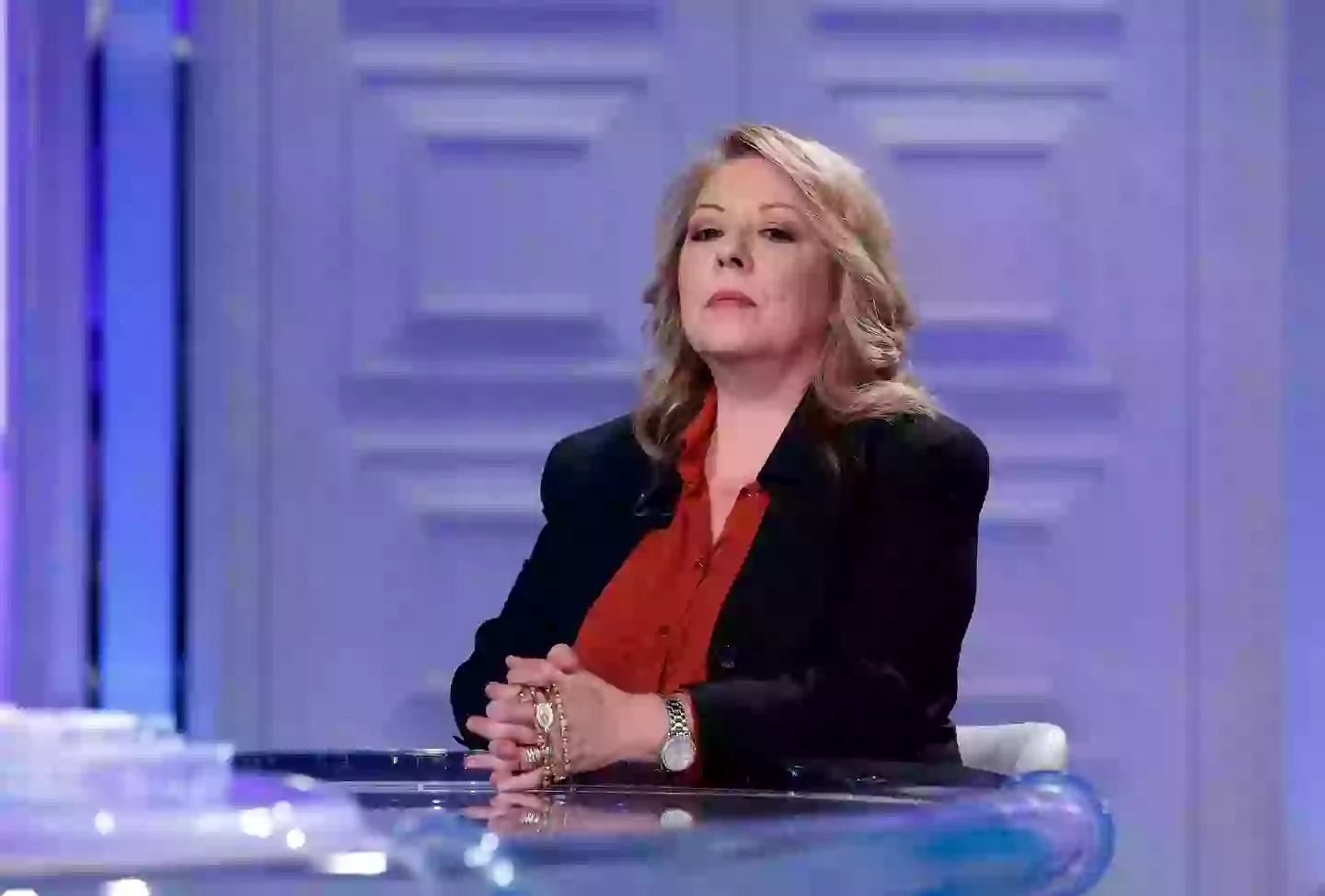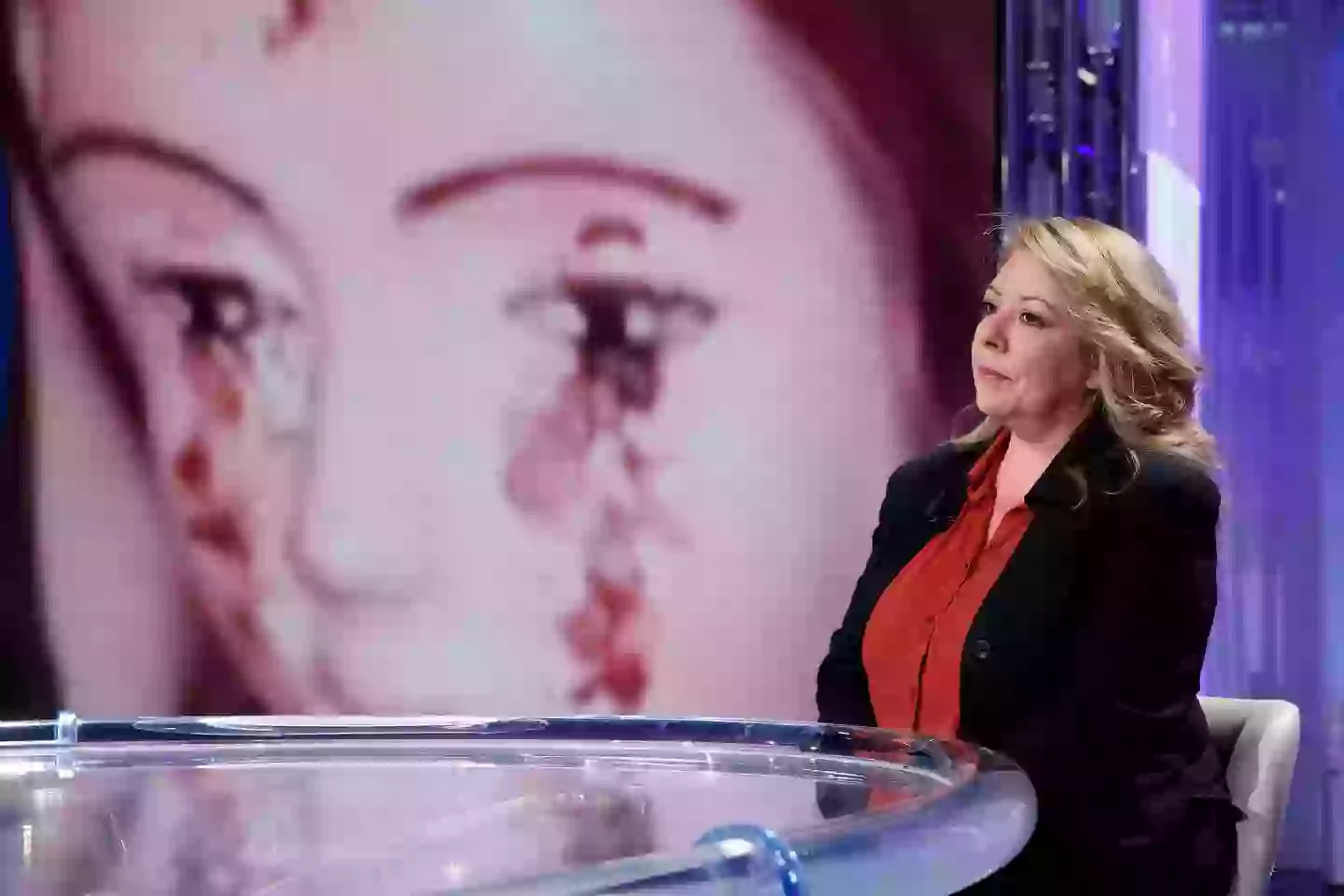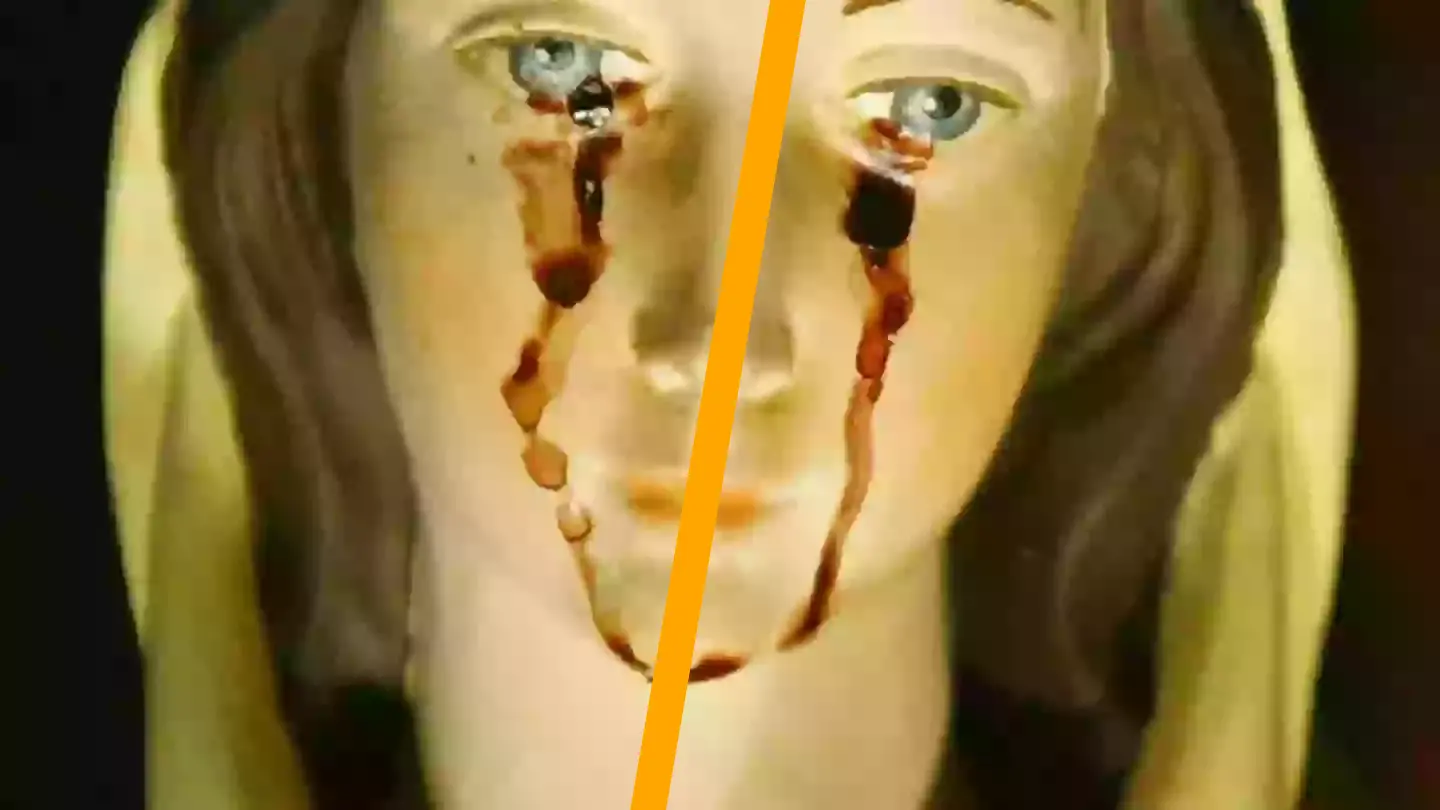A woman’s assertion that a statue of the Virgin Mary ‘cried blood’ is being questioned due to recent DNA test results.
In 2016, Gisella Cardia acquired a statue of the revered Catholic figure from a religious location in Medjugorje, Bosnia, bringing it back to her home in Trevignano Romano, Italy.
Cardia claimed that the statue not only ‘cried blood’ but also communicated messages to her, suggesting a miraculous occurrence.
This purported divine phenomenon drew many visitors to the statue, and Cardia subsequently received substantial donations.
However, in 2023, prosecutors in Civitavecchia charged Cardia with fraud, alleging that the blood on the statue was actually pig’s blood.

During the investigation, DNA samples were collected from the Virgin Mary statue, and findings have now been disclosed.
Initial results indicated the blood was human, specifically belonging to a woman, and further analysis has been conducted.
According to the Italian newspaper Corriere della Sera, laboratory tests detected traces of Cardia’s DNA in the blood on the statue.
Nonetheless, her attorney contends that this doesn’t necessarily prove deceit, emphasizing the importance of whether the DNA is a single-profile or mixed.
Solange Marchignoli stated, “From a scientific point of view, the DNA stain deserves further investigation.”
“We are waiting to know if it is a mixed or single profile: if the profile is single, it means that it is only Cardia’s and she put it there, so in this case we would go to trial, but if, as expected, the profile is mixed, it means that the DNA found on the statue also contains Gisella’s DNA, which we expect because she used the statuette, kissed it and handled it.”

Marchignoli further argued that her client is driven by “a deep faith” and stands to gain nothing from this, asserting that Cardia is not delusional.
The DNA findings follow an investigation by the Diocese of Civita Castellana, which concluded the occurrences were ‘non-supernatural’.
In a statement from May 2024, the religious body conveyed: “After an appropriate period of careful discernment, having listened to the testimonies coming from the [diocesan] territory and making use of a commission of experts, made up of a Mariologist, a theologian, a canonist, a psychologist, and with the outside advice of some specialists, having considered the figure of Mary in the Tradition of the Church and in the living faith of the people of God, after fervent prayer, decrees the events in question to be non-supernatural,” as stated by the bishop of Civita Castellana, Marco Salvi.

